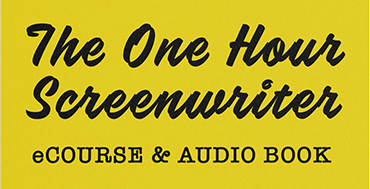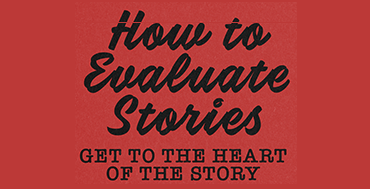Doubt – Truth vs Conscience


Meryl Streep plays a classic Power of Conscience protagonist. In all the reviews and press information her character is described variously as: stern, rigid, inflexible, intimidating, judgmental, authoritarian, single-minded, strict, moralistic, harsh, punitive and punishing. Early in the film, she glares at children whispering, fidgeting, slumping or snoozing in Mass and admonishes them with a variety of hisses and thumps on the head or raps on the knuckles. She describes herself a number of times in the movie as “certain” or having “absolute certainty.”


Suspicion or doubt, by their nature are at the heart of a Power of Truth story. The Story Questions in a Power of Truth film are: Who can I trust? What is really going on here? Did I really see what I thought I saw? Who is my ally and who is my enemy? When does loyalty look like betrayal? When does betrayal look like loyalty? How can I be really certain of anything? What does it all mean?
None of these questions occur to Sister Aloysius. She never doubts her own judgment. She is unwavering in her pursuit of what she “knows” must be the corruption at the heart of Father Flynn’s actions. She is single-minded and sure of herself. She is absolutely determined to root out wrong-doing wherever and however it rears its head in her school.
Sister James (Amy Adams) is the person plagued and tormented by each of these Power of Truth questions. She is torn and doesn’t know what to believe. It is very difficult to suspect someone you genuinely like and admire of a horrible act. Sister James likes and respects the warm charismatic Father Flynn (Philip Seymour Hoffman), the parish priest at the center of the controversy. The pedophilia scandal in the Catholic Church turned on the difficulty those in authority had in believing that competent, well-respected and well-liked priests could also be bad men with deeply criminal impulses.


A Power of Conscience character cannot be the protagonist of a Power of Truth film without causing an emotional disconnect. That’s why the ending of the film feels so contrived and false. We never quite believe that Sister Aloysius, who is so certain in all things, would inexplicably dissolve into tears of doubt and remorse once she had accomplished her goal– removing a man she believed to be corrupt from her school.
If this is Power of Conscience film then the central issue is not doubt, it is the dangers of executing a God-like judgment of others. If the harsh unyielding Sister Aloyius is the protagonist, then her character should have been proven wrong with horrible results. Her hard, unrelenting, moral certainty should have been her tragic downfall.
Wesley Morris writing in The Boston Globe about the film says: “…The truth is that Sister Aloysius’s steely single-mindedness is actually quite simple, which is why the movie’s (and the play’s) abrupt final scene is a cop-out.”




Create a visual map for a character’s emotional journey. Pull stories from character rather from rote story structure beats. Some of the largest international media companies, use this in story and character development.


A clear concise guide for writers and producers to have by their side as they embark on a project. It gives a really vital reminder of what is key for story success.

No comment yet, add your voice below!